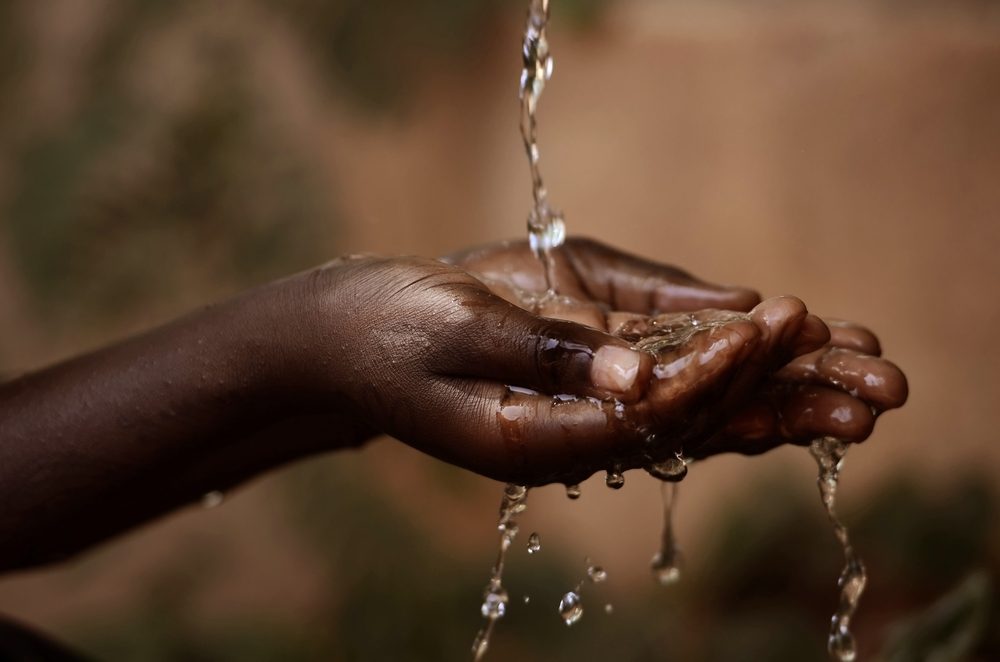In commemoration of World Water Day 2023, civil society, labour, and community activists leading the Our Water, Our Right Africa Coalition (OWORAC) have called on local, national, and regional leaders to heed the lessons of history by once and for all abandoning the false solution of water privatisation under any guise.
This week, governments, civil society, and the corporate sector convened in New York City for the United Nations Water Conference. The theme for this year’s World Water Day is “Accelerating Change.”
OWORAC which comprises activists and trade unionists in Cameroon, Gabon, Ghana, Kenya, Mozambique, Nigeria, Senegal, and Uganda amongst other African countries has condemned what they described as the alarming rise of neocolonial efforts to turn over control of essential services to multinational corporations which seek to exploit our need for water to profit.
Akinbode Oluwafemi, Executive Director of Corporate Accountability & Public Participation Africa (CAPPA), speaking on behalf of the OWORAC at a press briefing said: “The theme of this year’s World Water Day commemoration reinforces the need for governments to look unto proven solutions to the water crisis on the continent within the realm of democratic community controlled and publicly funded options. Water privatisation is a failed option which only puts profits above people.”
He added that “The continued role of water privatising corporations and their representatives in the United Nations gathering where agendas are shaped for water governance still grossly undermine the legitimacy of the convergence.
“For instance, AquaFed, the organisation representing this abusive industry on the world stage, is coordinating World Water Day! This is a slap in the face of water justice and must end.
“Very disturbing accounts of the abuses of multinational corporations such as Veolia and Suez, both members of AquaFed, have led communities across the continent to reject water privatisation in its many forms, including so-called ‘public-private partnerships.’
“Like other countries in Africa, Nigeria is under threats of water privatisation both at the state and federal levels. For four consecutive years, we wrestled against the private capture of our public water resources disguised in the provisions of the ‘packaged’ Nigerian Water Resources Bill and activists have been battling plans by the Nigerian government to privatise water via an unpopular and widely criticised National Water Resources Bill.”
Also speaking, Achike Chude, activist and deputy chairman of the Joint Action Front, said: “Some 10 years ago, privatisation became popular due to the seeming failure of government-run utilities. The heart of privatisation is the capitalist West.”
Chude stated that public utilities were deliberately run down to push the argument that “government has no business in business.” He said the failure of electricity distribution companies in Nigeria was an example of the failure of privatisation, adding that “privatisation is not the Holy Grail.”
Aderonke Ige also of CAPPA said, “Water is life, we have all agreed. Therefore, whoever wants to privatise water wishes to privatise life. In 2010, water was declared a human right by the UN. Ghana, Gabon, Niger Republic and Cameroon are examples of countries where water privatisation has failed.”
She added that, “Water is a gendered resource. Women need water in ways men don’t such as for maternal care and menstrual hygiene. Therefore, women’s voices must be loud on this issue.”
Sani Baba, Regional Secretary for Africa & Arab Countries at global union federation Public Services International (PSI), said: “Water privatisation robs communities of their right to life and wellbeing in the same way it also robs workers of their right to decent work. African governments must refuse to pander to the dictates of the World Bank and other institutions that want to colonize our water resources.”
Source : Tribune Online

